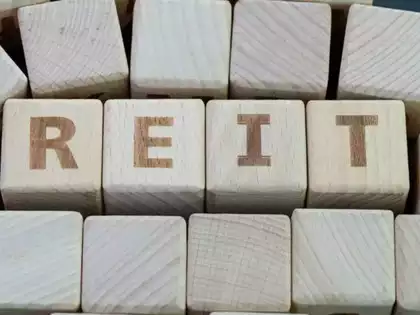Mr. Nandan Nilekani pointed out that real estate is the biggest asset in India. However, most of this value isn’t being used to its full potential in money-making and investment. In my previous article titled “Unlocking Value: Why REITs and InvITs Deserve the Spotlight,” I explained how investment tools like Real Estate Investment Trusts (REITs) and Infrastructure Investment Trusts (InvITs) can help bring this massive asset into the investment markets.
Back in 2014, the Securities and Exchange Board of India (SEBI) created the InvIT framework to help finance infrastructure through the capital markets. As of FY24, there are 24 InvITs approved by SEBI, valued at INR 4.7 trillion. This is still less than 1% of India’s GDP, showing there’s a lot of room for growth!
Helping REITs and InvITs grow is not just a good idea; it’s crucial for our economy. We’re now ready to move to Phase 2 of developing REITs and InvITs, and one important reform to consider is making it easier to switch from Private to Public InvITs.
Current Rules Explained
Under SEBI’s 2014 regulations, InvITs fall into two types:
1. Public InvITs: These can be bought by anyone and must be listed on stock exchanges.
2. Private Listed InvITs: These are only sold to wealthy investors and organizations but are still listed on exchanges.
A recent SEBI circular now allows private InvITs to become public through a special procedure. But, here’s the catch: the current process for changing is as complicated as starting a whole new public listing, which feels unnecessary since both types must meet similar standards.
# Why Change is Important
Out of the 24 registered InvITs, only 5 are public. The regulations need to change to help more InvITs switch to being public and unlock more value.
Simple Recommendations for Reform
1. Create a Faster Conversion Process:
Right now, changing from private to public takes a lot of time and paperwork. A fast-track option should be created for those who meet certain criteria, like being listed for a minimum number of years and having a good track record.
2. Simplify Information Requirements:
Instead of asking for a complete audit again, InvITs should just provide their already prepared audit reports and a simplified version of their financials for the last three years.
3. Reassess Lock-in Rules:
According to SEBI’s rules, sponsors need to undergo a new lock-in period. If they’ve completed a lock-in during the private stage, they shouldn’t have to do it again. Existing unitholders should also have reduced lock-in times.
#### Conclusion
Making the switch from private to public InvITs easier is essential to improve the market and boost investments. We need to keep investor protections in place while simplifying the process. With this approach, we can unlock more capital, improve transparency, and increase trust among investors. Helping InvITs transition smoothly will speed up infrastructure growth and connect India’s biggest asset class to our capital markets.


Leave a Reply